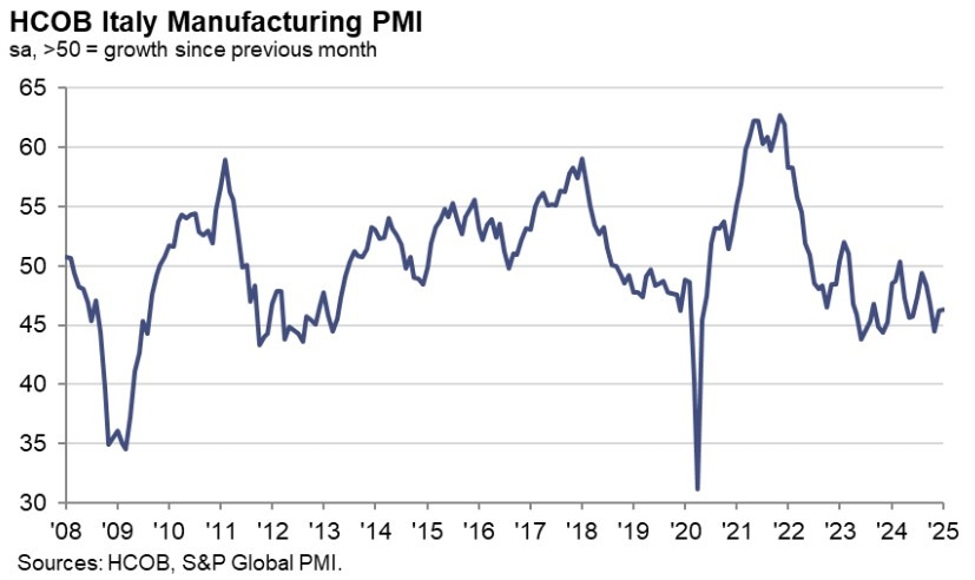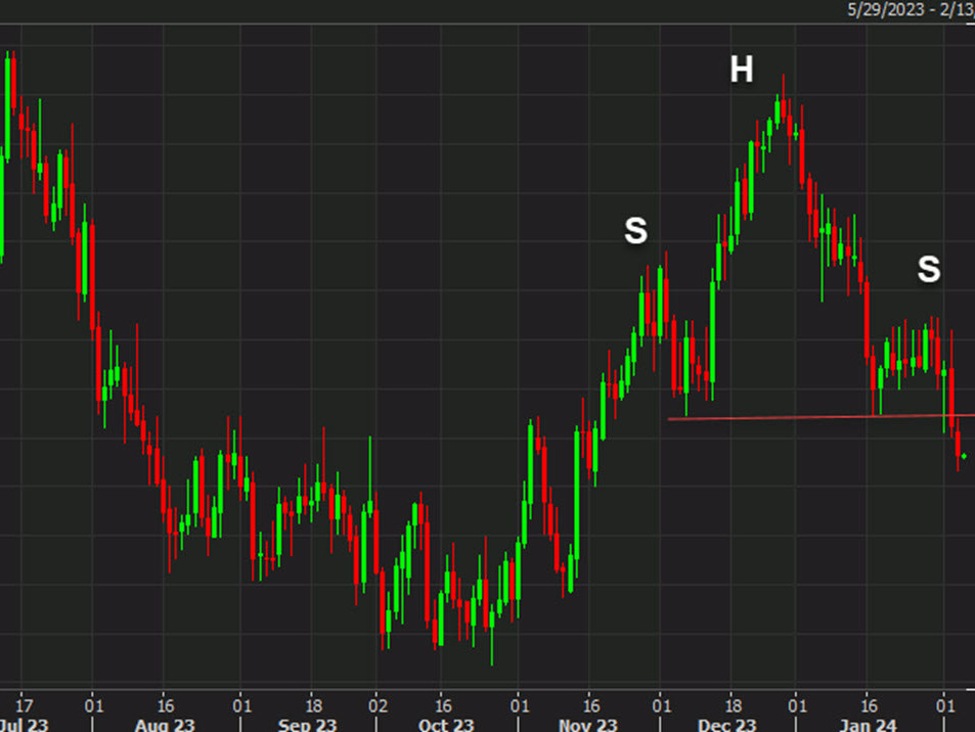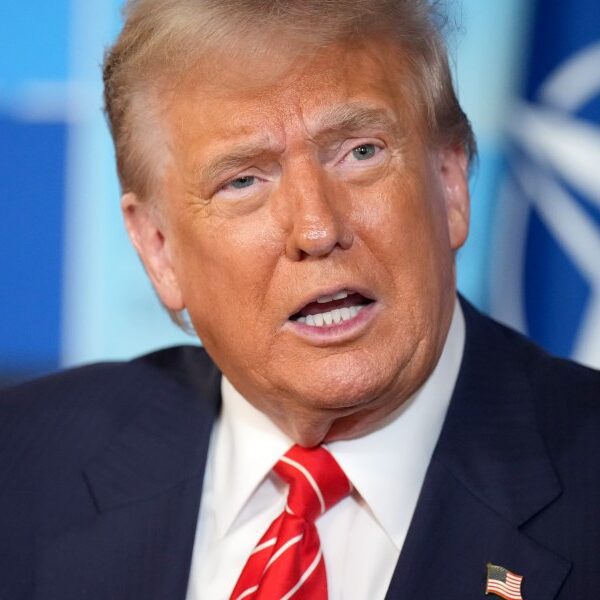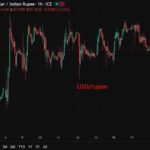Key findings:
- Decline in production volumes loses momentum
- Sharp and accelerated decrease in order book volumes
- Firms continue to reduce charges despite rise in cost pressures
Comment:
Commenting on the PMI data, Jonas Feldhusen, Junior Economist at Hamburg Commercial Bank, said:
“Operating conditions at Italy’s manufacturing companies remain bleak. The manufacturing Output Index remained below the
50 threshold. The start of the year was disappointing yet predictable. Structural issues such as elevated energy costs and
weak economic activity in key trade partners like Germany, France, and China are contributing to the ongoing economic
downturn.”
“Italian factories produced less at the beginning of the year. With the sustained fall in new orders, production has been
reduced to manage manufacturing costs. Signs of improvement are scarce, as both domestic and foreign order books are
plummeting. Incoming orders from abroad are particularly challenged, as Germany and France are grappling with political
uncertainty.”
“Uncertainty also hangs over future US trade. Will the tariffs be imposed, and at what level? The US was Italy’s
second most important export destination in 2023, with a share of 10.7% of total exports, making Italy one of the most
exposed countries to potential US tariffs in the eurozone.”
“Opposing mechanisms are at work when it comes to pricing. Manufacturing input costs have risen, mainly due to another
increase in volatile raw materials and transportation costs. Conversely, output charges continued to shrink for the fifth
consecutive month, reflecting the weak demand situation faced by manufacturers who are trying to stimulate demand to
maintain sales.”
“The situation is becoming increasingly uncomfortable for employees in the manufacturing sector. The corresponding
Employment Index has signalled job cuts for four consecutive months, due to a number of expiring contracts not being
renewed. Despite this, manufacturers are looking to the future with increased optimism. They hope that the new year will
bring political stability among trade partners and create opportunities to attract new customers.”
Italy Manufacturing PMI















